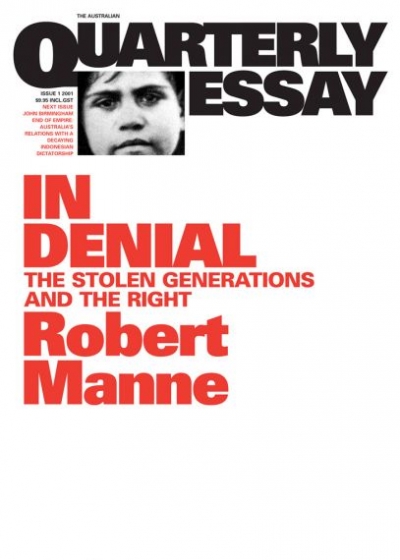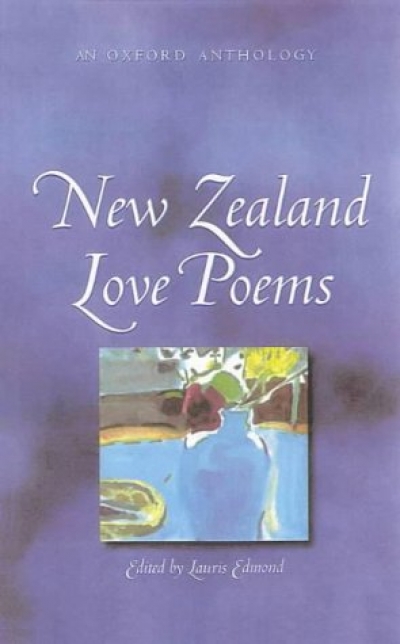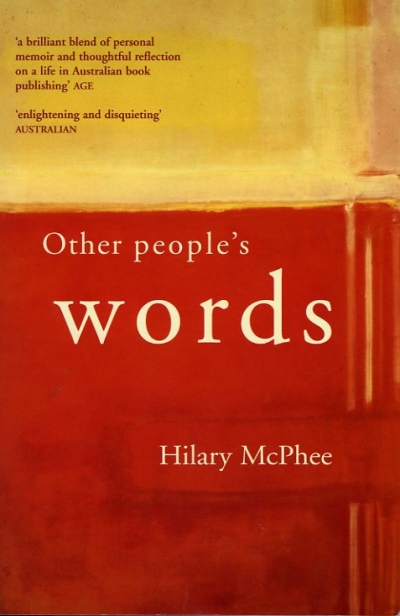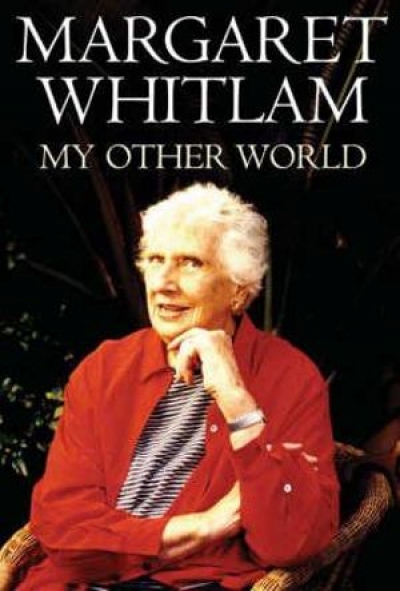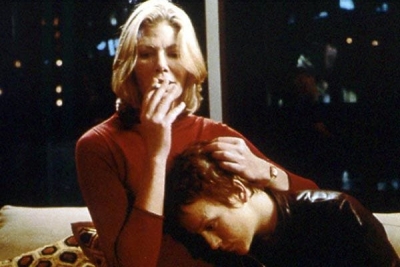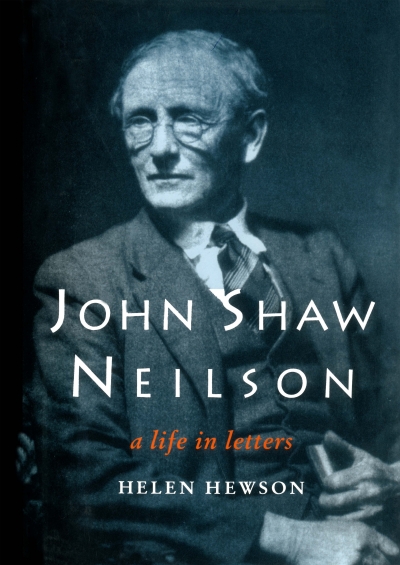Archive
The composer Richard Mills and the poet and novelist Peter Goldsworthy have renewed their collaboration to produce an opera based on the Wreck of the Batavia (Previously, the pair adapted Ray Lawler’s Summer of the Seventeenth Doll for the opera stage.) The new work will be premiered at the Melbourne State Theatre on May 11, in an Opera Australia production. It depicts the notorious events that followed the famous shipwreck off the coast of Western Australia in 1629.
... (read more)In Denial: The Stolen Generations and the Right (Quarterly Essay 1) by Robert Manne
New Zealand Love Poems: An Oxford anthology edited by Lauris Edmond
La Trobe University Essay | 'Infidelity: "The Monkey’s Mask" in Poetry and Film' by David McCooey
Movies are often criticised for their lack of fidelity, for not keeping faith with their sources, especially novels, their audience, or their glorious antecedents. Infidelity is also a key plot device, especially of genre films: melodrama, comedy, crime, even the western. We keep going back to the movies partly because they don’t give us what we want. The New York poet Frank O’Hara suggests this in ‘An Image of Leda’, his breathless adaptation of the myth of Leda and the Swan as an allegory for watching films:
... (read more)You are going to Singapore, they said. Yes, but which way? was the natural response. If I’m flying to the island-city, my flight should take in something with a more exotic range of scenery, perhaps even a sniff of nature. Birds and stuff. So the painter and I decided on Portugal: and why not throw in Spain? My own travels had never taken me further than Catalonia, which so determinedly is, and is not, Spain. Off, then, for the long flight west with good books and red wine; en route I looked down on Cairo for the first time in my life. The Ptolemaic map of lights spread out as though forever.
... (read more)As mouths go, it must be one of the most fabled of the century past. The lips, as widely parted as they could be, suggest the contours of a distended heart. There is an upper gallery of teeth, slightly imperfect, and glazed by spittle mingling with the crystal darts and droplets of a powerful jet of water issuing relentlessly from above the face. A mottled tongue is ...
I’ve been trying to place love
in the exhibit for inspection
but there are fees to be perfected.

